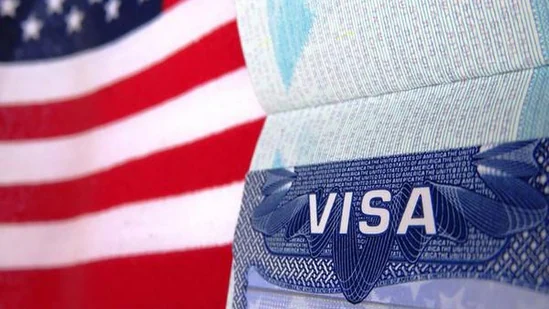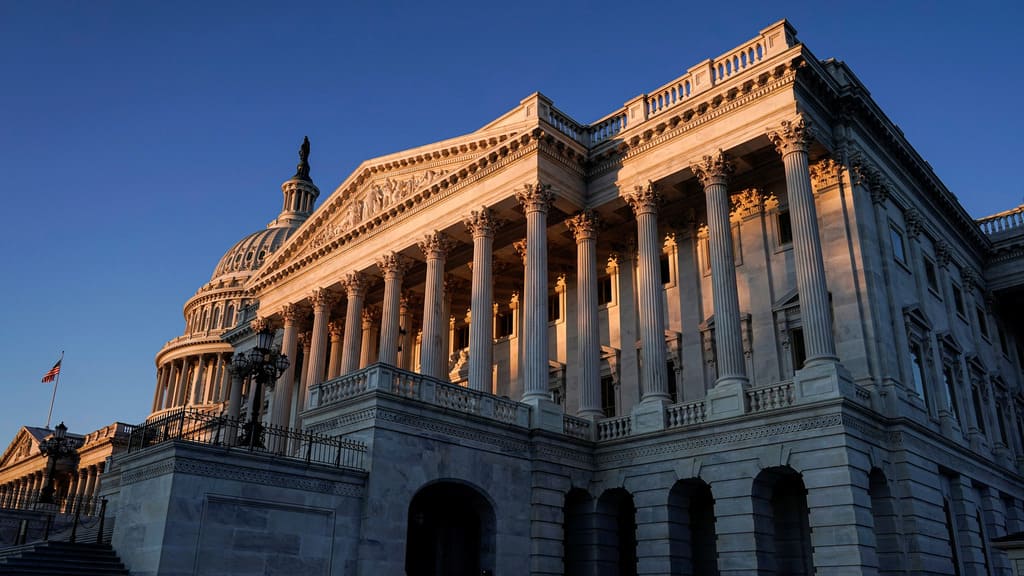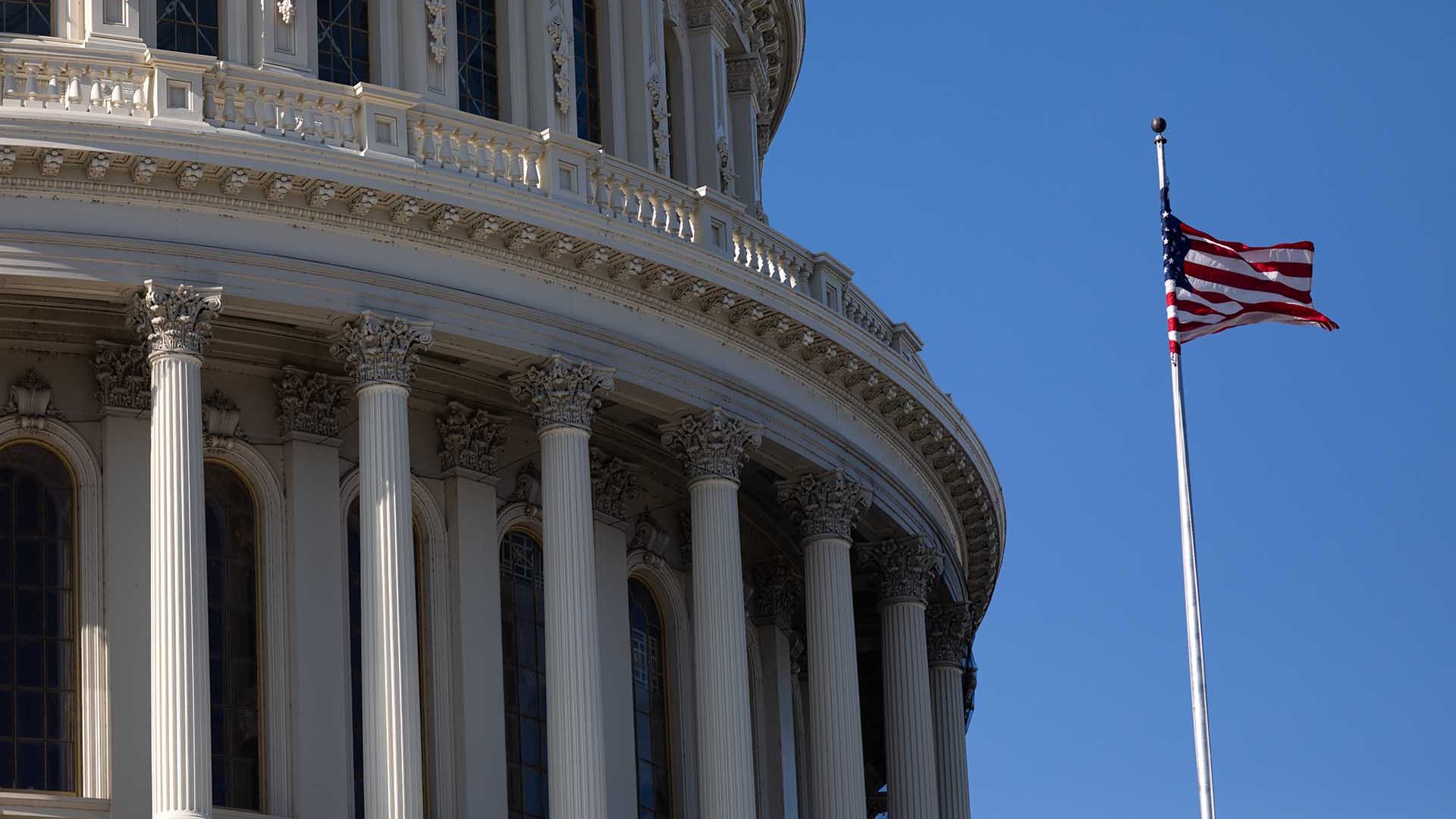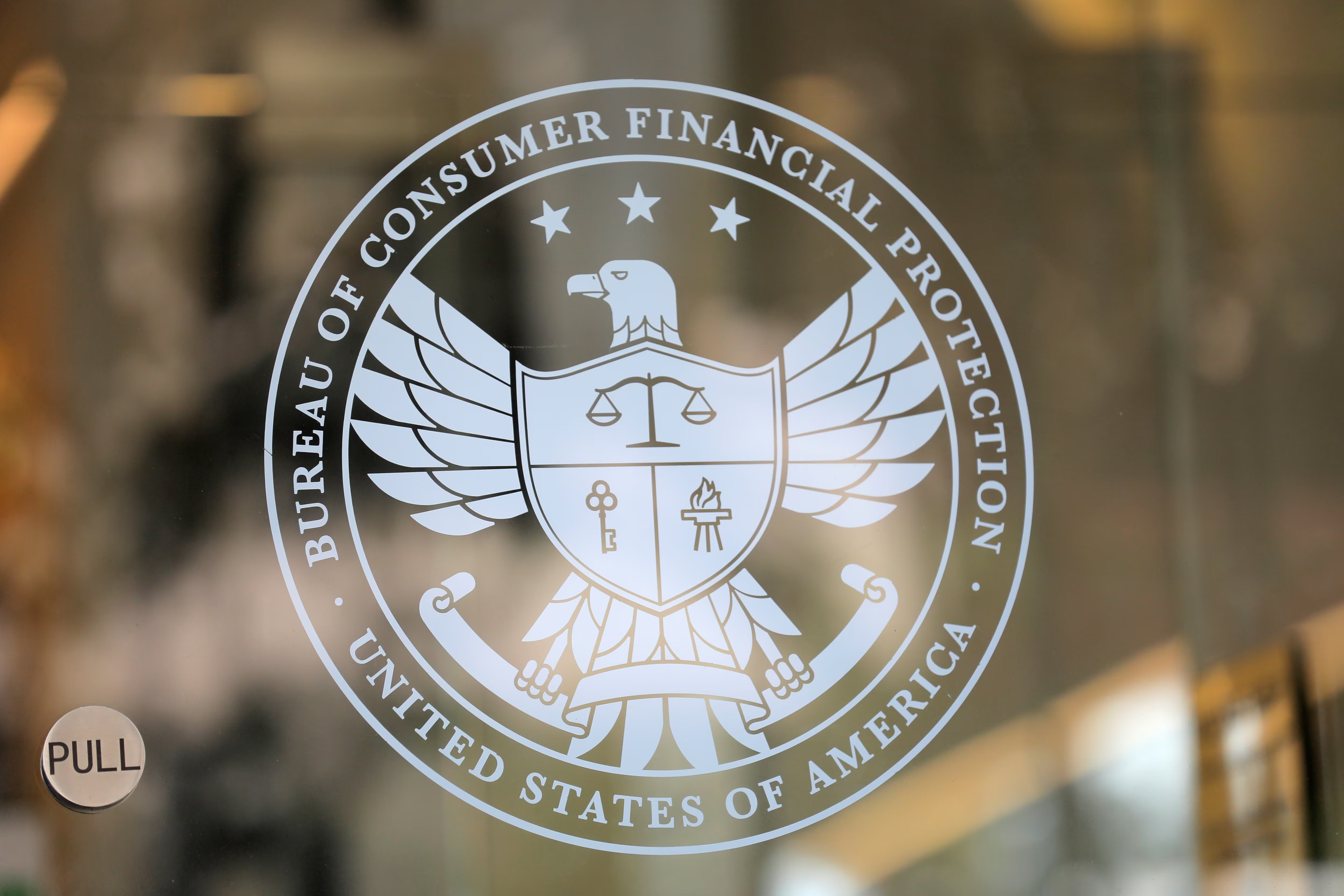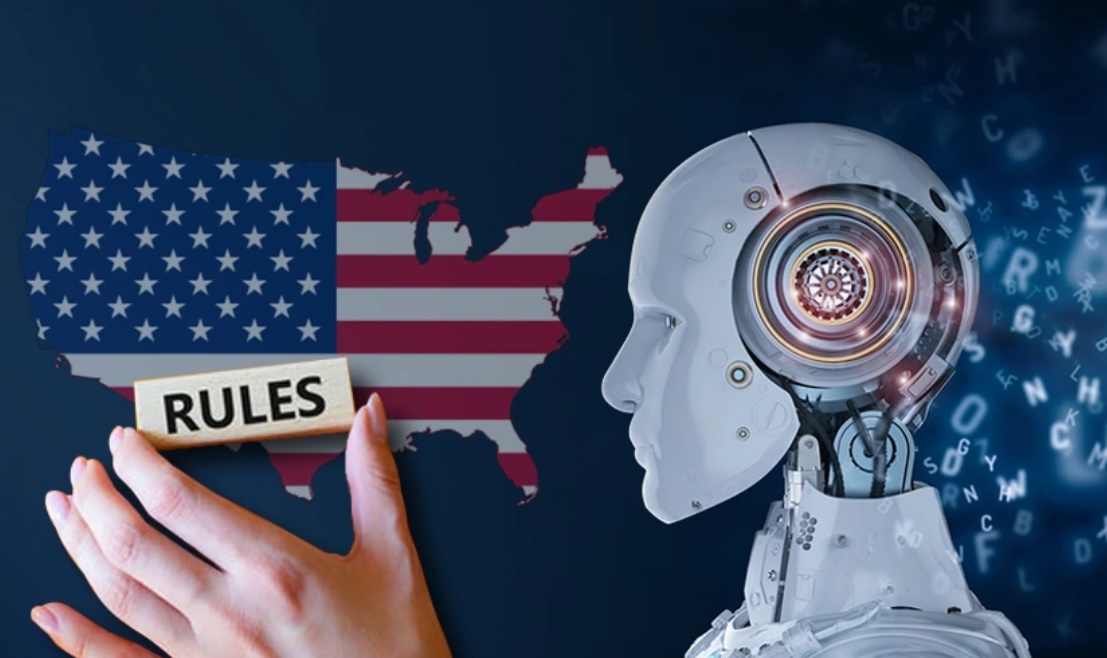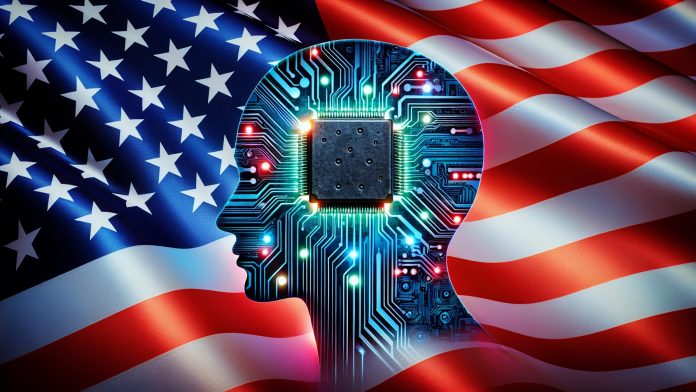🇺🇸 USA Bank Loans in 2025: Comprehensive Guide to Opportunities and Pitfalls
BynambiPublished 87 days ago
Introduction
As we progress through 2025, the landscape of bank loans in the United States continues to evolve rapidly. New technologies, regulatory changes, and shifting economic conditions create a dynamic borrowing environment. Whether you're considering a personal loan, mortgage, auto loan, or business financing, understanding current trends and risks is essential to make informed financial choices.
1. How Technology is Reshaping Lending
Artificial Intelligence and Big Data Analytics
Banks now leverage AI and big data to:
Improve risk assessment with more granular financial profiles
Provide faster loan approvals
Personalize loan terms and interest rates
Alternative data sources, like payment history on utilities and rent, are helping previously underbanked borrowers gain access.
End-to-End Digital Loan Processes
Digital platforms enable borrowers to:
Apply online with minimal paperwork
Track application status in real-time
Complete loan signings electronically
This has streamlined the borrowing experience but also requires digital literacy.
2. Regulatory Oversight and Consumer Rights
The regulatory environment remains vigilant, focusing on:
Preventing unfair or deceptive lending practices
Enhancing transparency of fees, terms, and repayment obligations
Regulating the use of AI to avoid discriminatory outcomes
Protecting borrower data under evolving privacy laws like CCPA and GDPR
Consumers should educate themselves about their rights and report suspicious activity.
3. Key Bank Loan Types and Trends in 2025
Loan Category Innovations & Trends Typical Borrowers
Personal Loans Flexible repayment options, risk pricing Gig workers, freelancers
Mortgages Green mortgages, remote closing New homeowners, eco-conscious buyers
Auto Loans Usage-based pricing, EV financing Buyers of electric and hybrid cars
Business Loans Revenue-share models, fintech partnerships SMEs and startups
4. Potential Challenges for Borrowers
Data Security: Increased data sharing heightens cyber risk.
Algorithmic Bias: AI models risk perpetuating discrimination.
Rising Debt: Easy credit can lead to unsustainable borrowing.
Economic Volatility: Interest rate hikes may increase borrowing costs and reduce availability.
5. Strategies for Successful Borrowing
Maintain a healthy credit score through timely payments.
Use fintech tools to compare loan offers transparently.
Read all loan documents carefully and understand obligations.
Negotiate loan terms when possible.
Seek advice from financial professionals if needed.
6. Looking Forward: The Future of Bank Lending
Expansion of open banking to allow secure data sharing.
Development of ethical AI standards for fairness.
Blockchain-enabled loans for improved transparency and security.
Growth of sustainability-linked lending supporting green projects.
Conclusion
Bank loans in the U.S. in 2025 offer unprecedented convenience and opportunities but come with new risks and complexities. Staying informed, using technology wisely, and practicing responsible borrowing are keys to financial success.

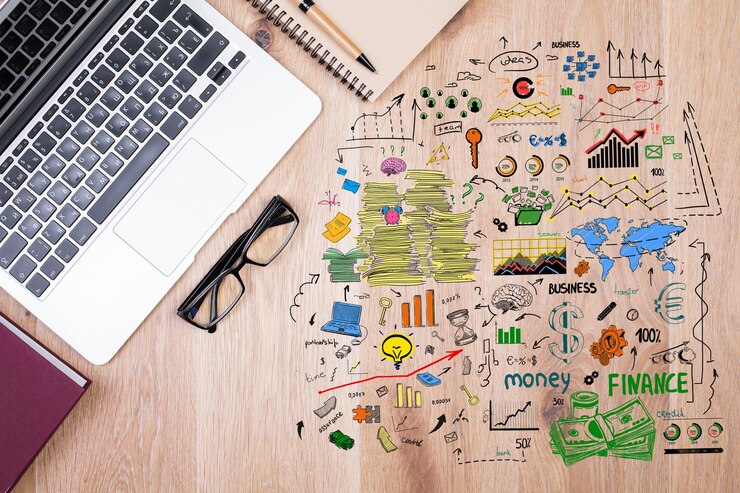


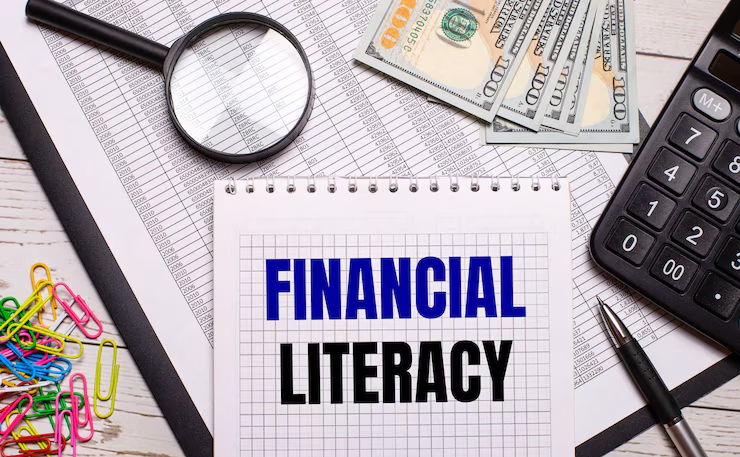
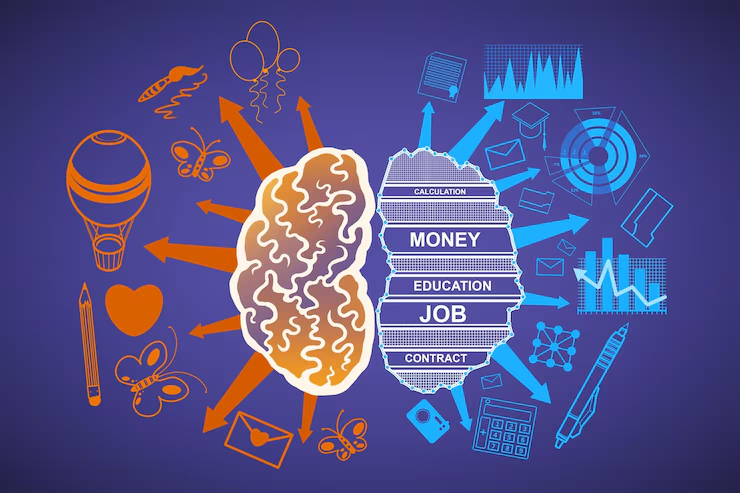
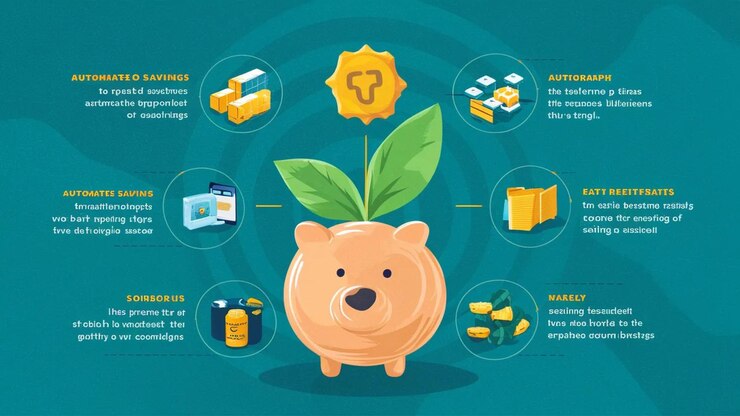
.avif)
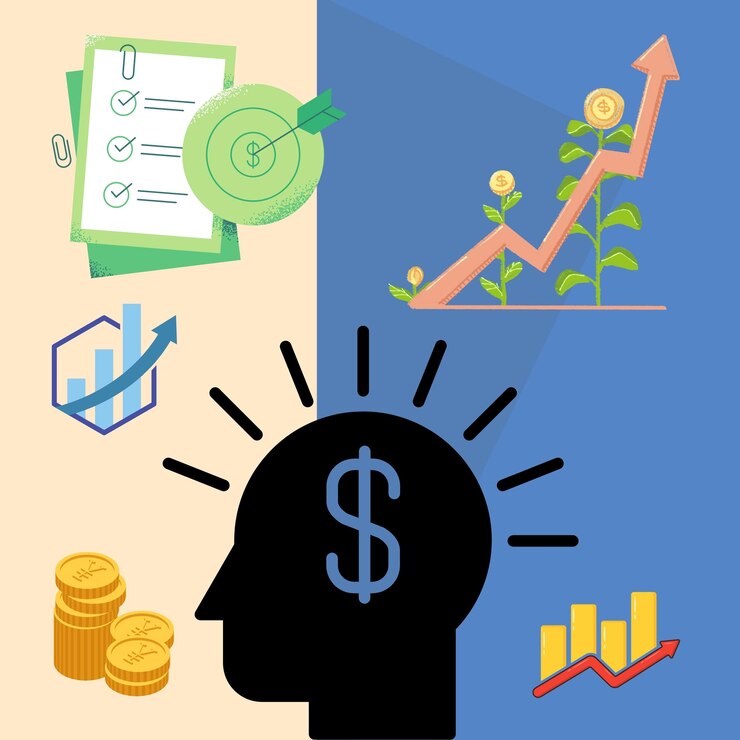
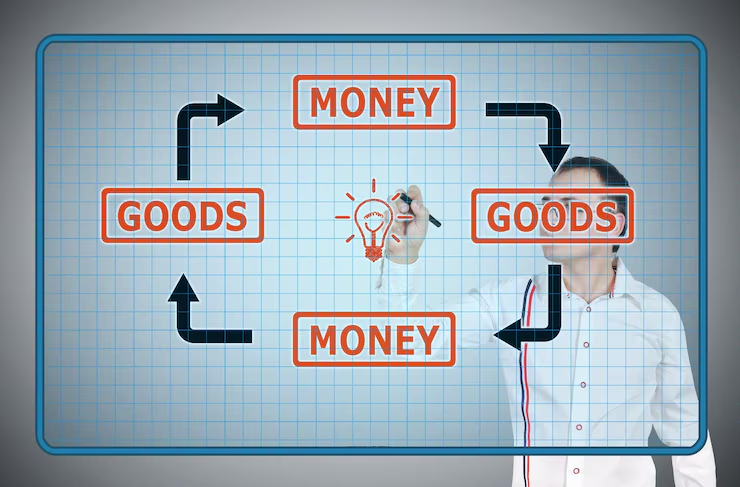

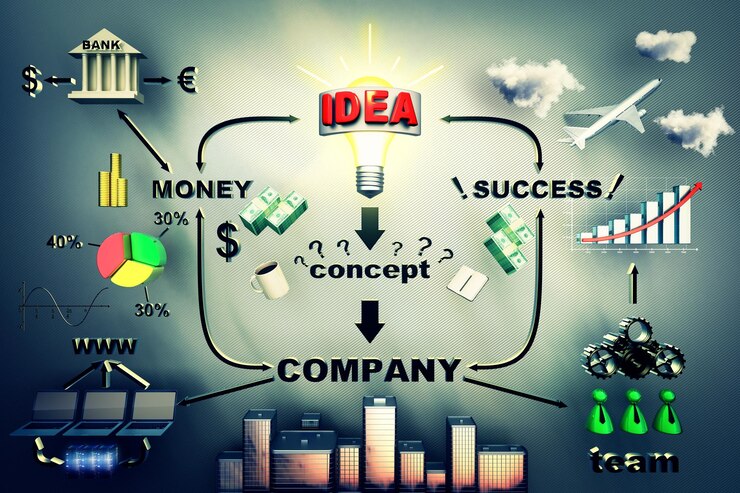

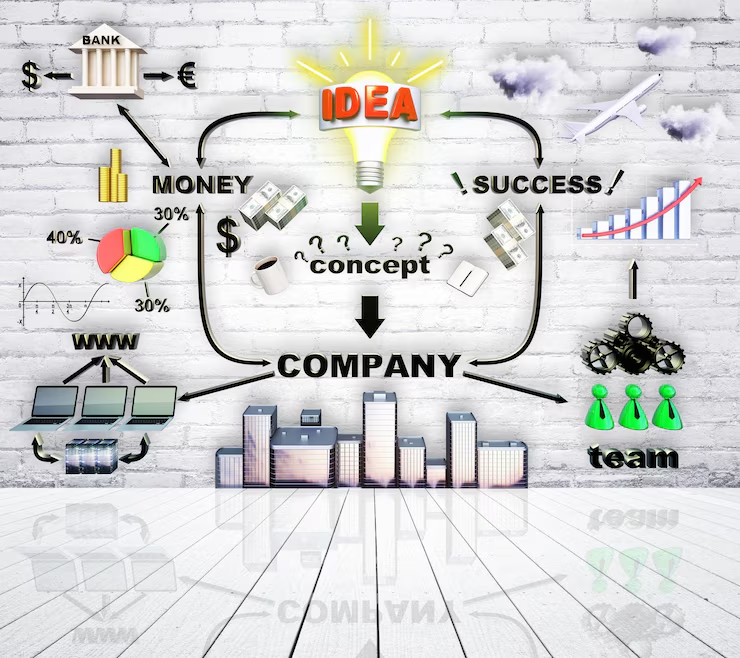
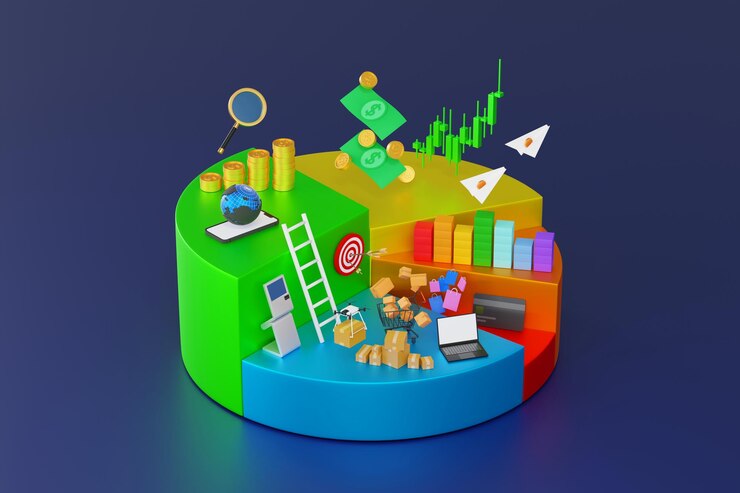
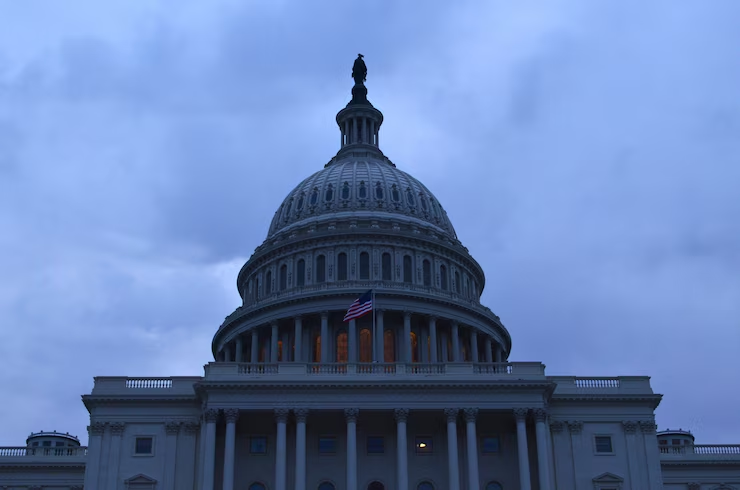






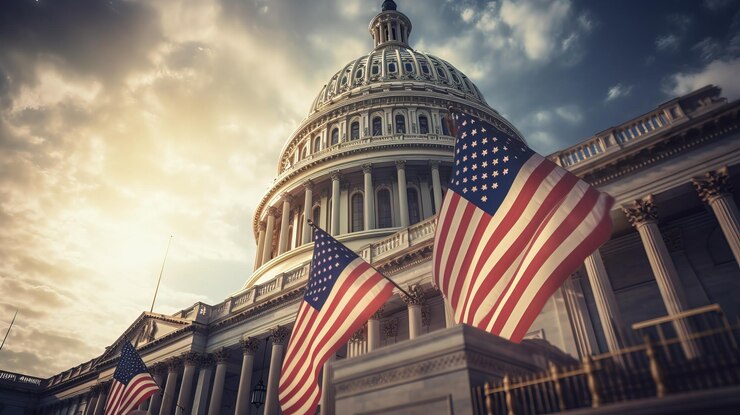

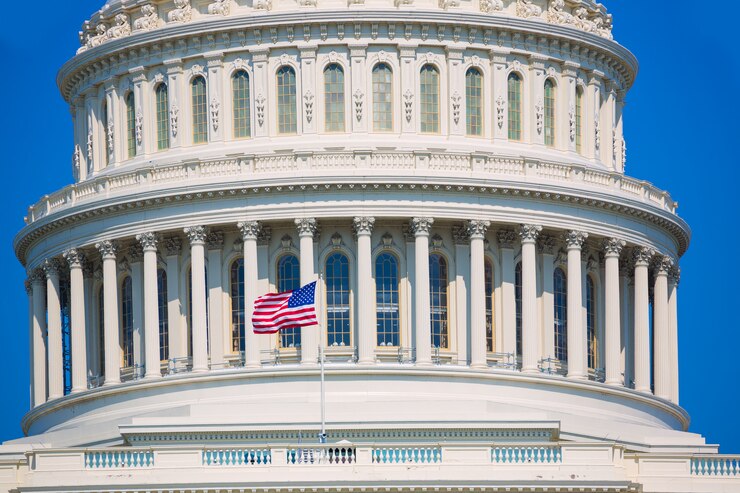

.jpg)





.png)

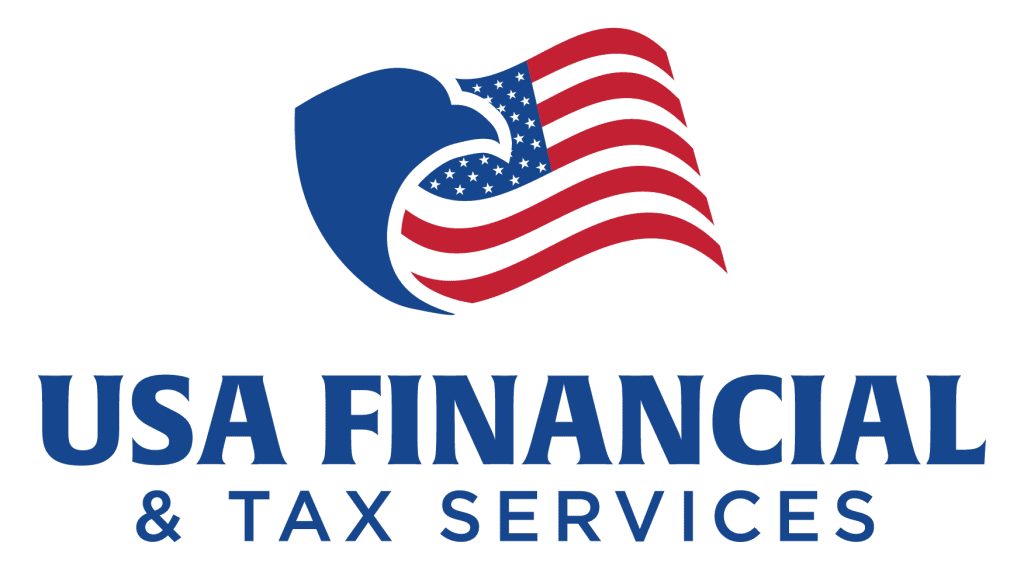
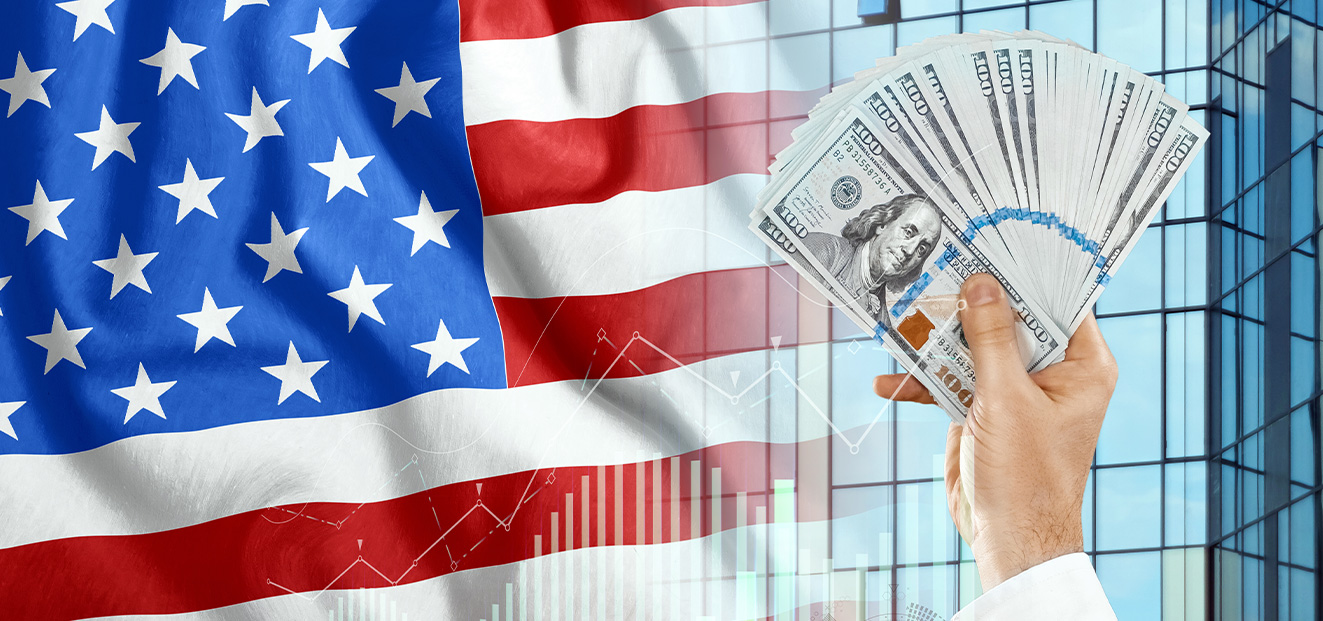
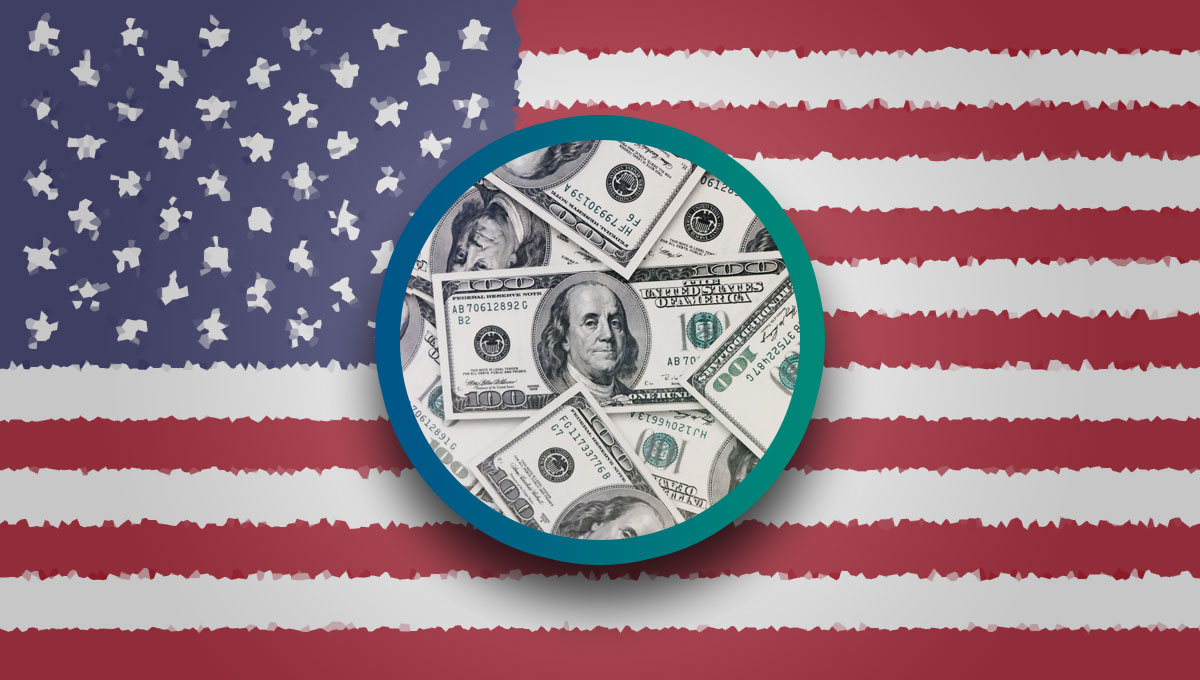
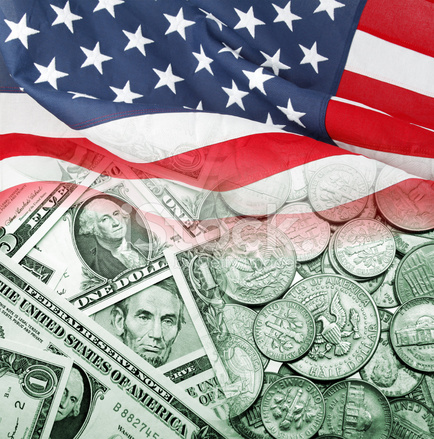


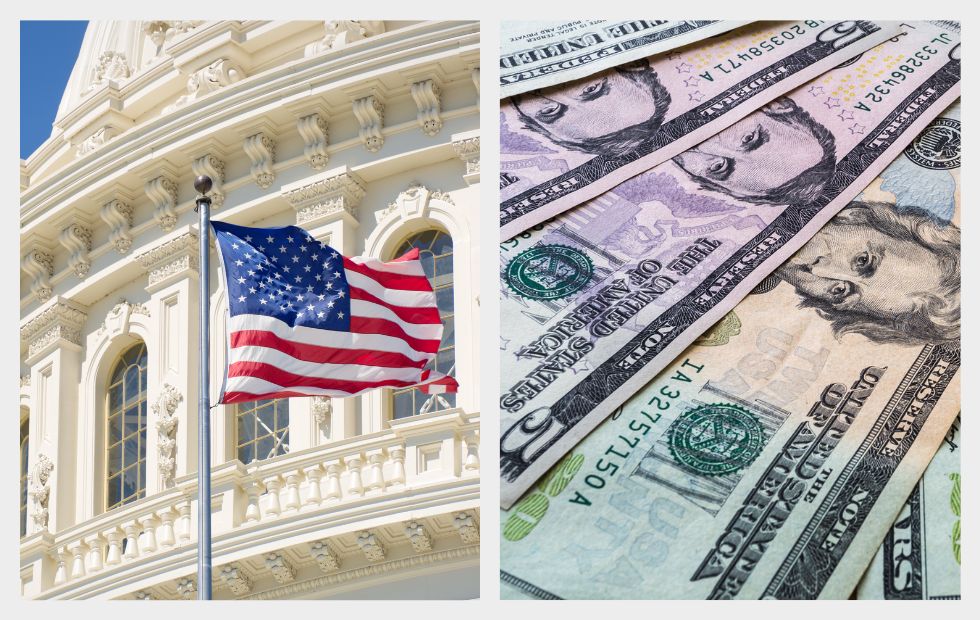
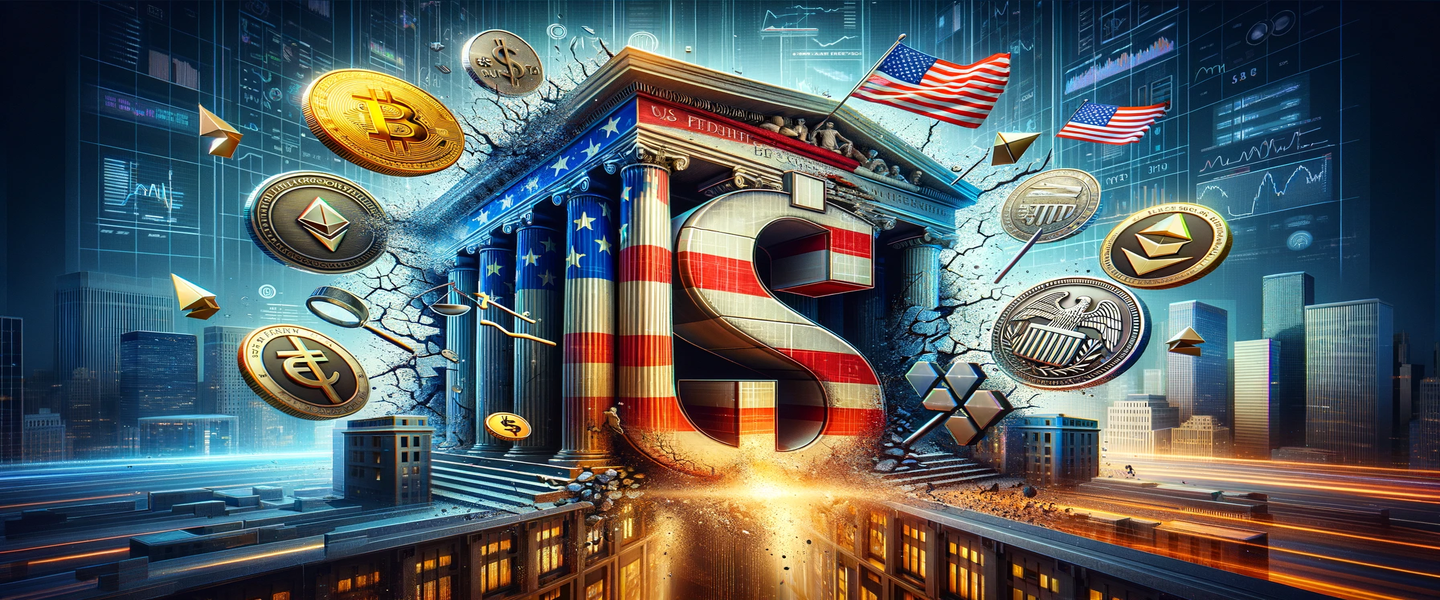
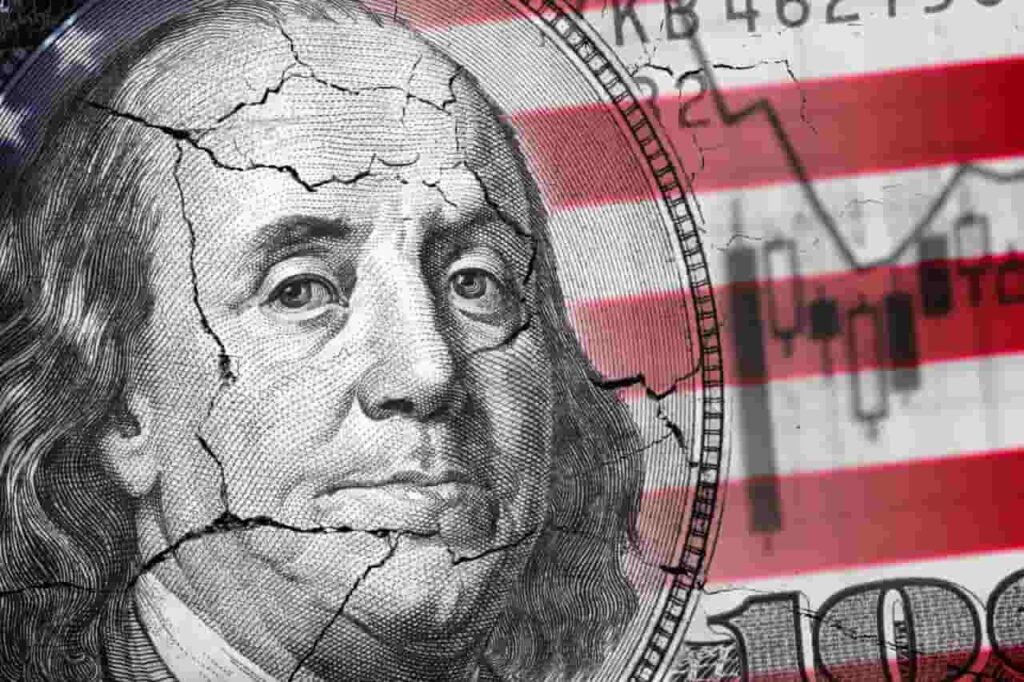
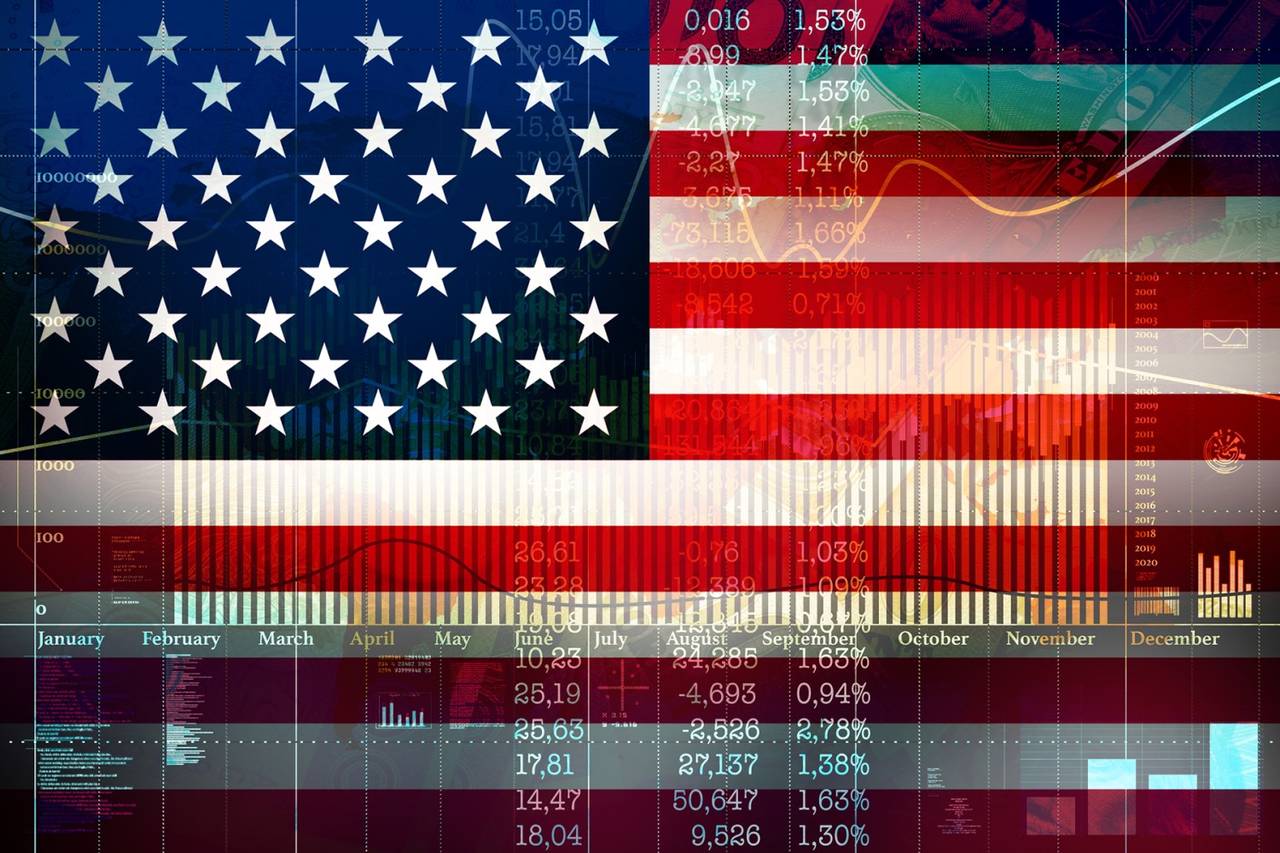

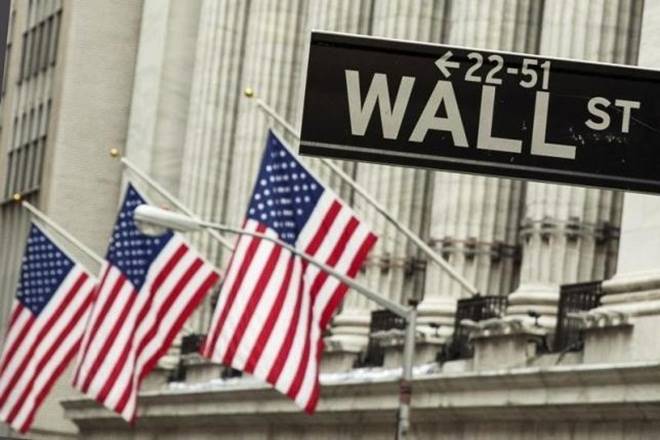
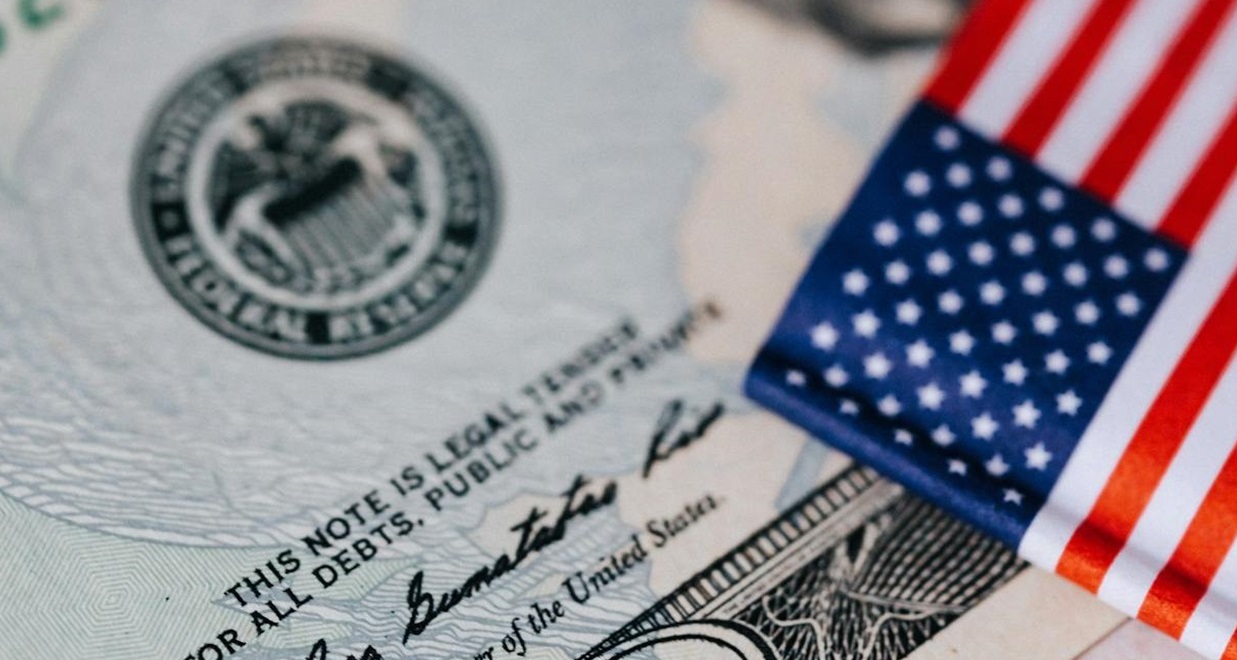

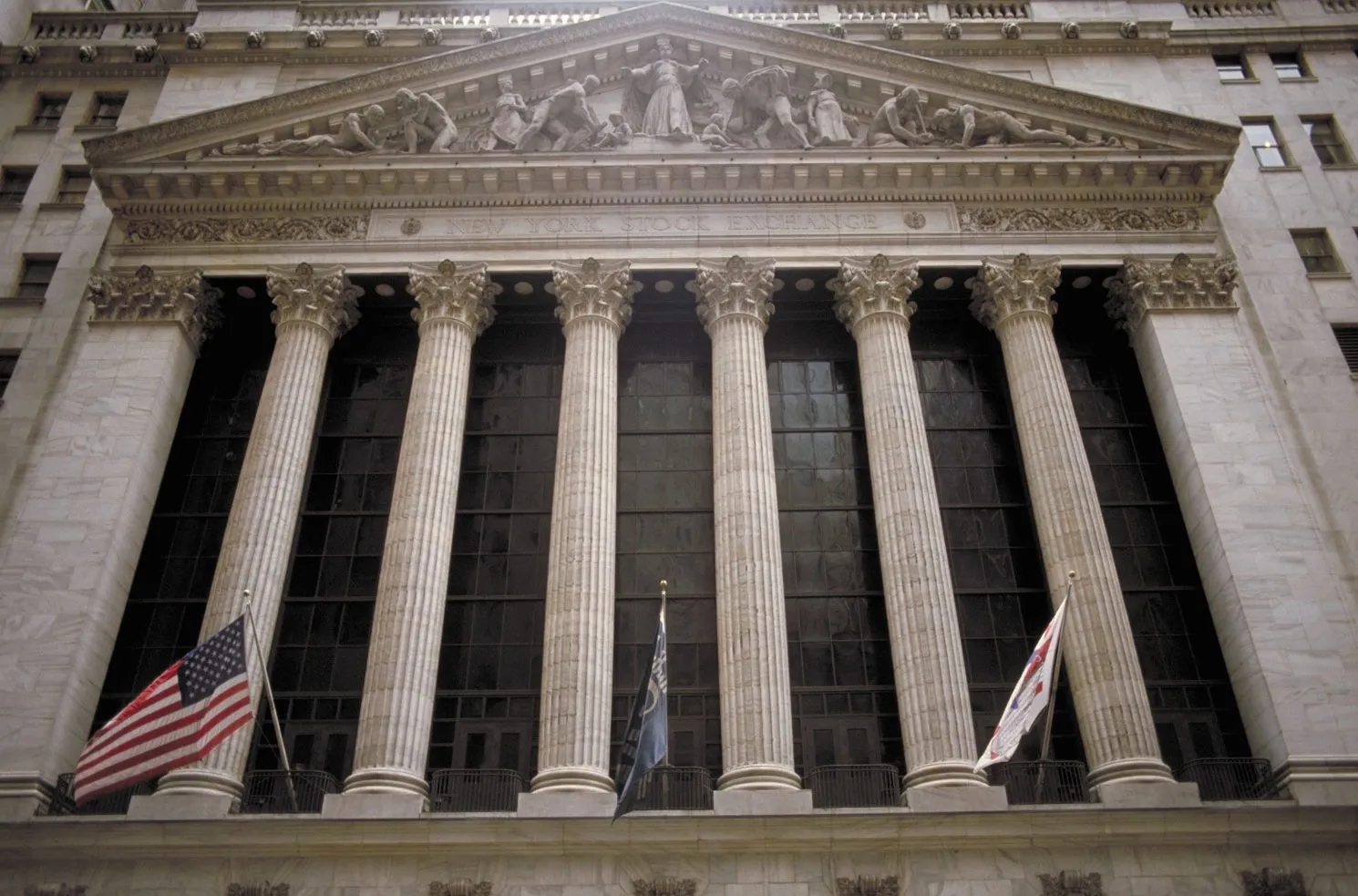
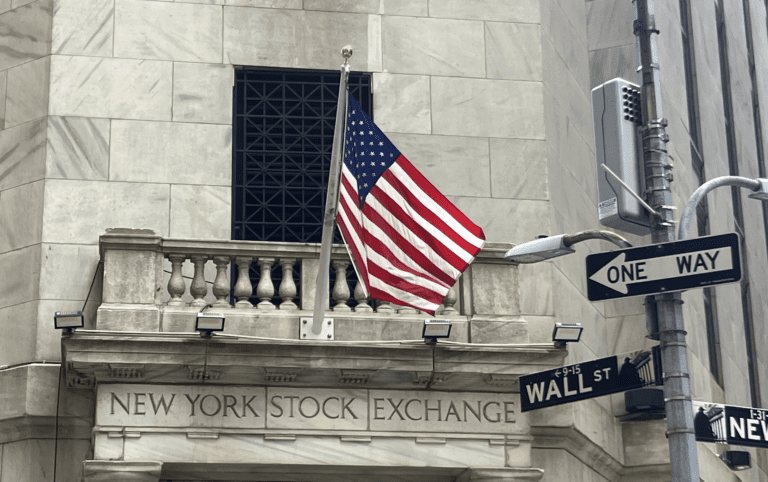

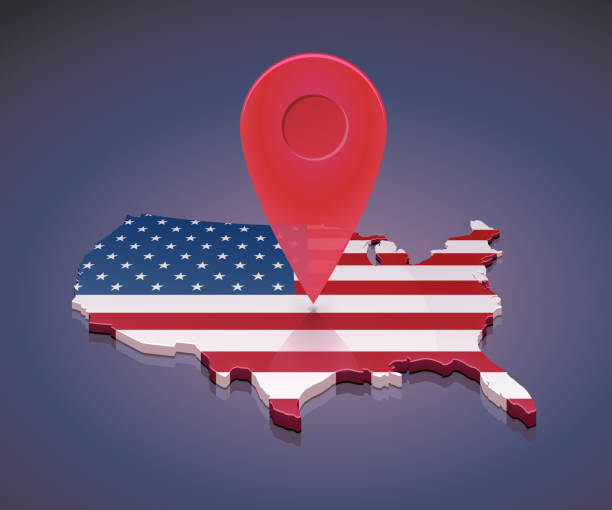




.jpg)
